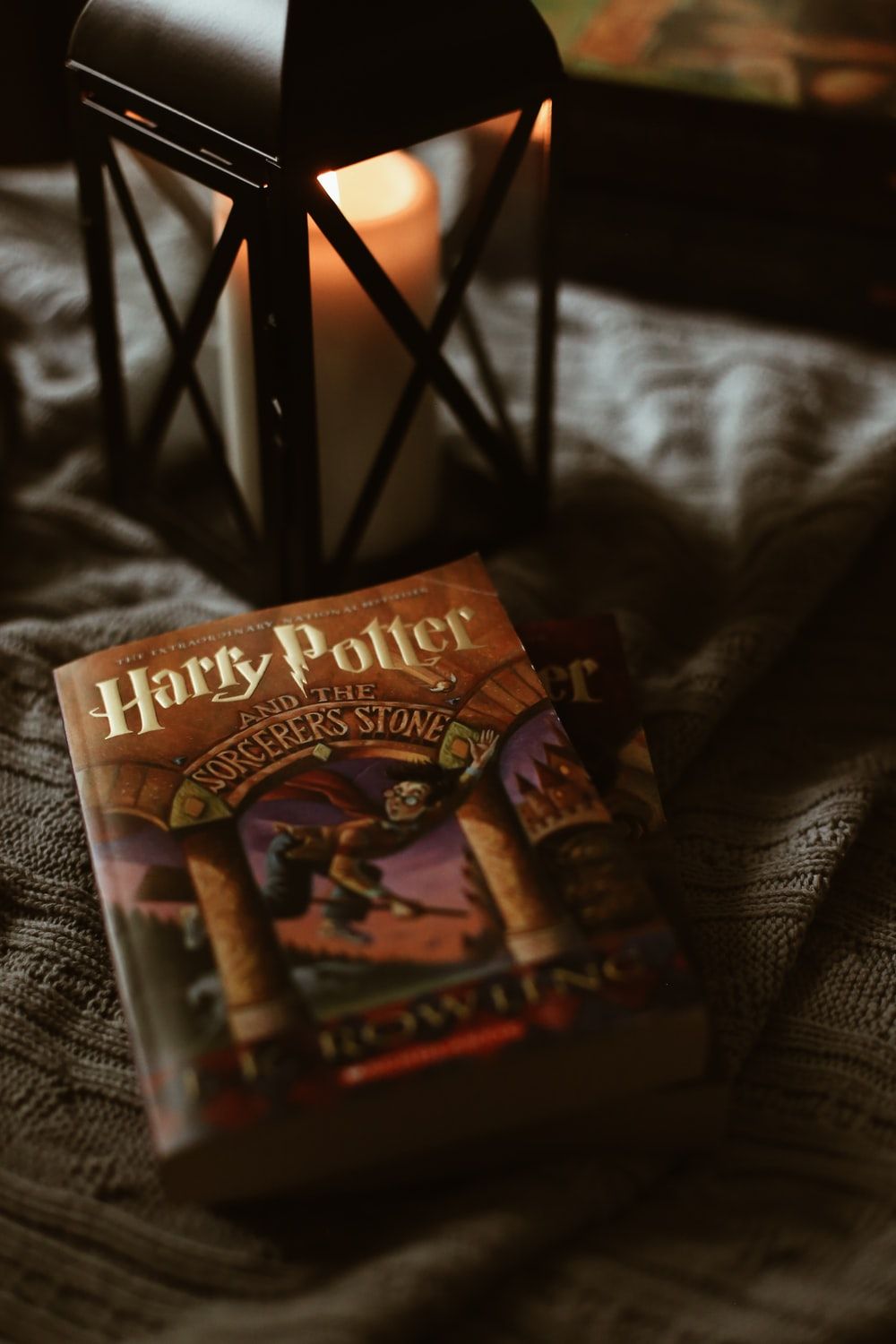A controversial Tennessee pastor conducted a book burning to combat “demonic influences,” with a throng of incinerating editions of Harry Potter and Twilight on Wednesday night.
The burning, which was livestreamed on Facebook, came after a Tennessee school district banned the Holocaust-themed graphic novel Maus last month.
Also read: Holocaust graphic novel ‘Maus’ banned in Tennessee school district
“We are well aware what we are stepping into. Bring it all. Stop allowing demonic influences into your home,” Greg Locke, a preacher and pro-Trump conspiracy theorist, stated in a now-deleted Facebook post.
“We will be in our continued series on Deliverance from Demons. We have stuff coming in from all over that we will be burning. We’re not playing games. Witchcraft and accursed things must go,” wrote Locke.
Participants threw in volumes of the Harry Potter and Twilight series, among other books, at Locke’s event in the Nashville suburb of Mt. Juliet, which drew enormous crowds.
Also read: Whoopi Goldberg regrets saying Holocaust not about race on ‘The View’
Locke stated in a sermon prior to the burning that he was fighting the “Free Mason devils” and that “I ain’t gonna be suiciding myself no time soon”.
“I ain’t messing with witches no more, I ain’t messing with witchcraft…I ain’t messing with demons… I’ll call all of them out in the name of Jesus Christ,” as a result, the crowd erupted in applause and cheers for Locke.
There was one counter-protester, according to Tyler Salinas, a photographer who was present at the burning, who held up copies of Fahrenheit 451 and On the Origin of Species and threw a book into the flames that he claimed was the Bible.
Also read: Why is Amazon shutting down one of India’s largest publishing houses, Westland?
According to the American Library Association, there has been a “unprecedented” increase in book ban petitions recently: in the fall of 2021, 330 books were challenged as objectionable, compared to 156 in all of 2020.
“In my twenty years with ALA, I can’t recall a time when we had multiple challenges coming in on a daily basis,” Deborah Caldwell-Stone, director of the American Library Association’s Office for Intellectual Freedom, agreed.







